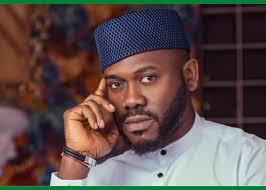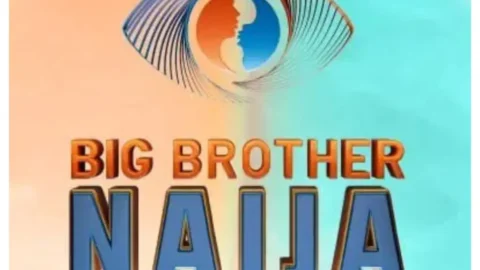Nollywood actor Deyemi Okanlawon has added his voice to the growing public discourse surrounding the Economic and Financial Crimes Commission (EFCC)’s recent crackdown on naira abuse, particularly targeting celebrities.
During a guest appearance on Nollywood On Radio, Okanlawon acknowledged the symbolic value of protecting the integrity of Nigeria’s currency but questioned the timing and priorities of the agency.
“Two things,” he began thoughtfully. “I think that because something is cultural does not make it right. We have a culture that does not really emphasise on maintenance of things,” he said, pointing out that Nigerians often normalize poor preservation in various aspects of life.
Drawing parallels between how citizens treat public infrastructure and the naira, Okanlawon argued that the lack of care for physical property reflects a broader disregard for national symbols.
“We’ve seen how things are built and not maintained. So we continue in that light,” he noted. “Now they’re saying, have respect for the naira, have respect for your country. Maybe this is the way to do it.”
He conceded that efforts to instill national pride and respect are valid, but added that the EFCC’s approach seems lopsided given the scale of corruption in the country.
“It’s not that I’m against the message,” he said, “I just think the spotlight is being directed at the wrong audience.”
Okanlawon expressed concern over the EFCC’s aggressive pursuit of celebrities and entertainers who engage in the cultural act of money spraying, especially at parties and social events.
“So this move by the agency to come against entertainers is a bit too much in the light of everything else we are trying to deal with,” he stated.
The actor implied that such high-profile prosecutions, while legal, appear performative when juxtaposed with Nigeria’s entrenched issues of political and corporate corruption that remain largely unchecked.
He went on to emphasize that public trust in anti-corruption agencies would be stronger if their actions appeared more balanced.
“If every day we hear about corrupt officials, politicians, or organisations being brought down by the agency,” Okanlawon said, “we’d be more likely to trust that they’re acting in our best interest. Then, if they ask us to stop something like spraying money, we’d likely obey without question.”
The actor’s remarks highlight a prevailing skepticism among Nigerians who often view such enforcement campaigns as selective and targeted at the wrong demographic.
His comments come on the heels of several celebrity run-ins with the EFCC. In recent months, public figures like Bobrisky and Cubana Chief Priest were arrested and prosecuted for naira mutilation, sparking widespread conversations about selective justice.
Similarly, entertainers like Iyabo Ojo and AY Makun were invited by the commission for questioning after videos surfaced showing them spraying cash at celebratory events.
The optics of these enforcement actions have drawn both praise and criticism, with some calling for equal treatment across all sectors of society.
In concluding his interview, Okanlawon reiterated the importance of the message but challenged the messenger’s strategy.
“I respect the law,” he said, “but I think we need to see a more consistent and comprehensive fight against corruption. Until we do, efforts like this will continue to be seen as a distraction or even a joke by many.”
His comments echo a wider sentiment within the entertainment industry and beyond—urging Nigerian authorities to direct their energy toward systemic corruption while maintaining fairness in enforcing cultural and legal standards.






